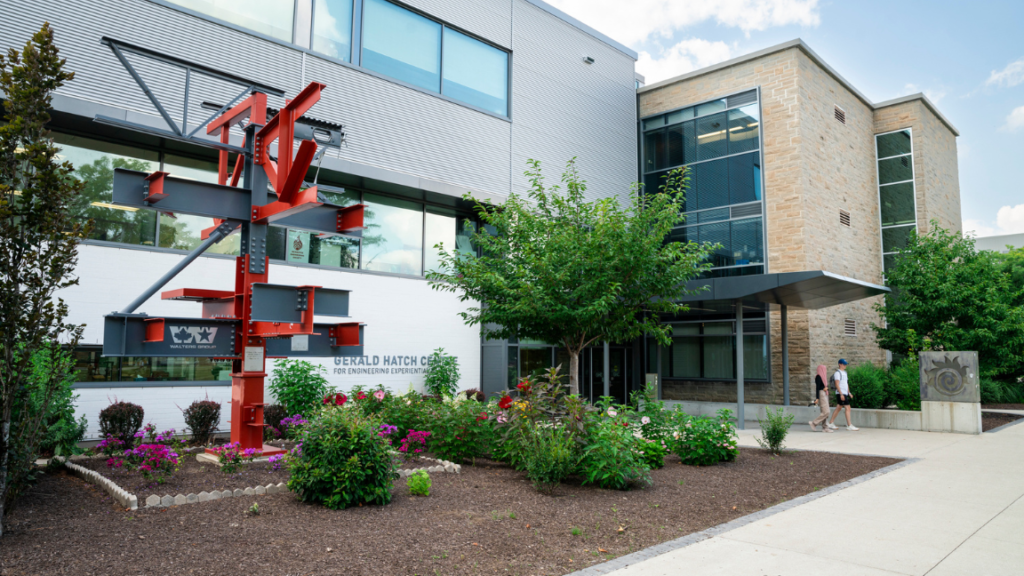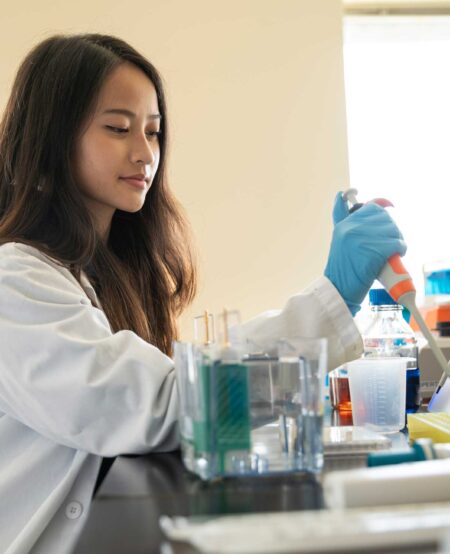- Length
- 5 years
- Degree
- Bachelor of Engineering & Biosciences (Co-op Available)
- Program
- Engineering
- Options
Program highlights
Chemical Engineering and Bioengineering combines the core chemical engineering undergraduate curriculum with courses from the biological sciences and bioengineering. These unique skills will allow graduates from this program to make significant contributions to the growing fields of biotechnology and bioengineering.
Research expertise
Students interact with dedicated teachers who are at the cutting edge of their research fields.
Exceptional facilities
Students can access state of the art, newly updated laboratory facilities.
After spending three years here at Mac Eng, I can say that it is the right place for me because the community, faculty and student body provide such a good learning and social experience for students.
Admission requirements
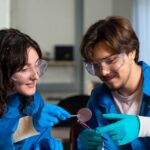
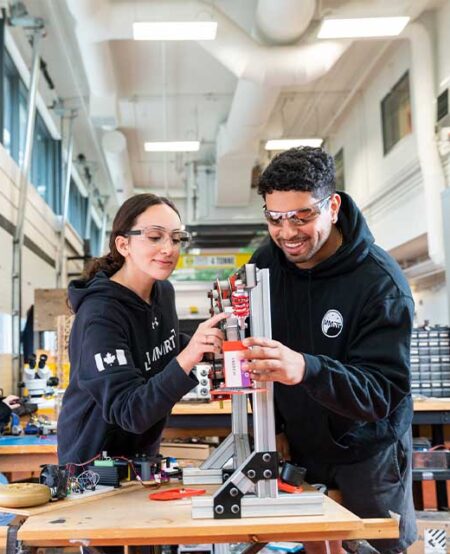
Careersand research
Career paths:
Graduates from this program are extremely versatile, pursuing opportunities in both traditional chemical engineering and in Canada’s growing biotechnology sector. Home to over 530 biotechnology companies, Canada currently has the second highest number in the world, following the United States.
Our graduates participate in the development of:
- pharmaceutical products with eco-friendly processes
- biocompatible biomedical devices
- efficient and better food and beverage production methods
Research areas:
- Biomaterials
- Tissue engineering
- Bioseparations
- Biopharmaceutical production
- Environmental biotechnology
- Regenerative medicine
- Biological wastewater treatment
- Biosensors
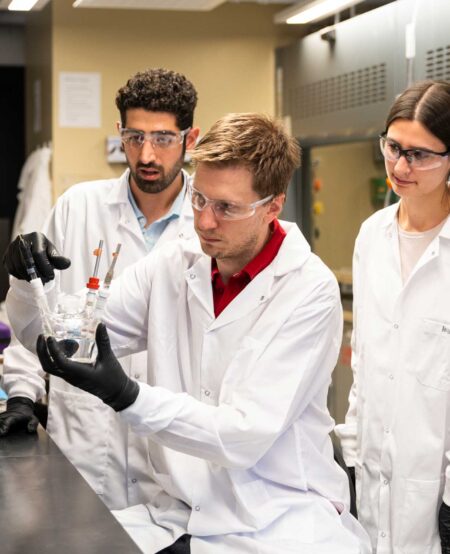
Need moreinformation?
How to apply
Understand every step, from applying, to accepting your offer and joining us on campus!
Department of Chemical Engineering
We are tackling challenges in energy, water, food, health and environment with practical solutions that will lead to new opportunities in a fast-paced world.
